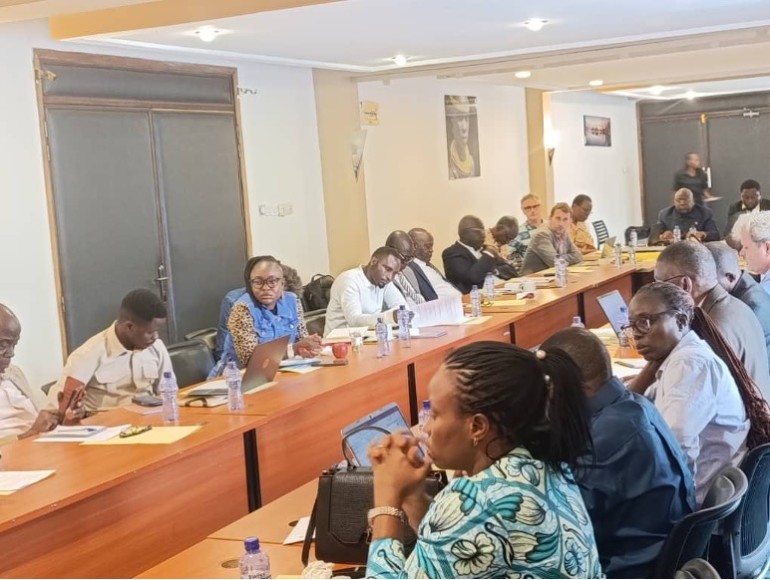

23.10.2025
From September 23 to 24, 2025, the regional symposium “Dynamics and challenges surrounding domestic timber markets in Central Africa” was held in Kinshasa, co-organized by CIFOR (PROFEAAC project) and ATIBT, with the support of COMIFAC and the ministries responsible for forests.

This event brought together a wide range of stakeholders—public administrations, regional institutions, research organizations, timber and construction companies, and civil society—around a common goal: ensuring an efficient and sustainable supply of domestic timber markets in the subregion.
The discussions highlighted the vitality of domestic timber markets (DTMs) and their socio-economic importance for urban and rural populations, while emphasizing the persistence of a high level of informality.
Studies conducted in Cameroon, the Republic of Congo, the DRC, and the CAR show that artisanal timber still dominates urban markets, despite efforts at reform and legalization. Local processing remains largely informal, and fiscal, parafiscal, and administrative barriers are hindering the transition to a sustainable model.
The symposium sessions explored several levers for action:
In closing, the participants made some strong recommendations:
ATIBT, represented by Alain Tiotsop, actively contributed to the discussions, particularly on the valorization of industrial waste and tax incentives.
The Association reaffirms its commitment to support local stakeholders, promote the legality and traceability of timber, and support public policies in favor of sustainable and inclusive forest development.